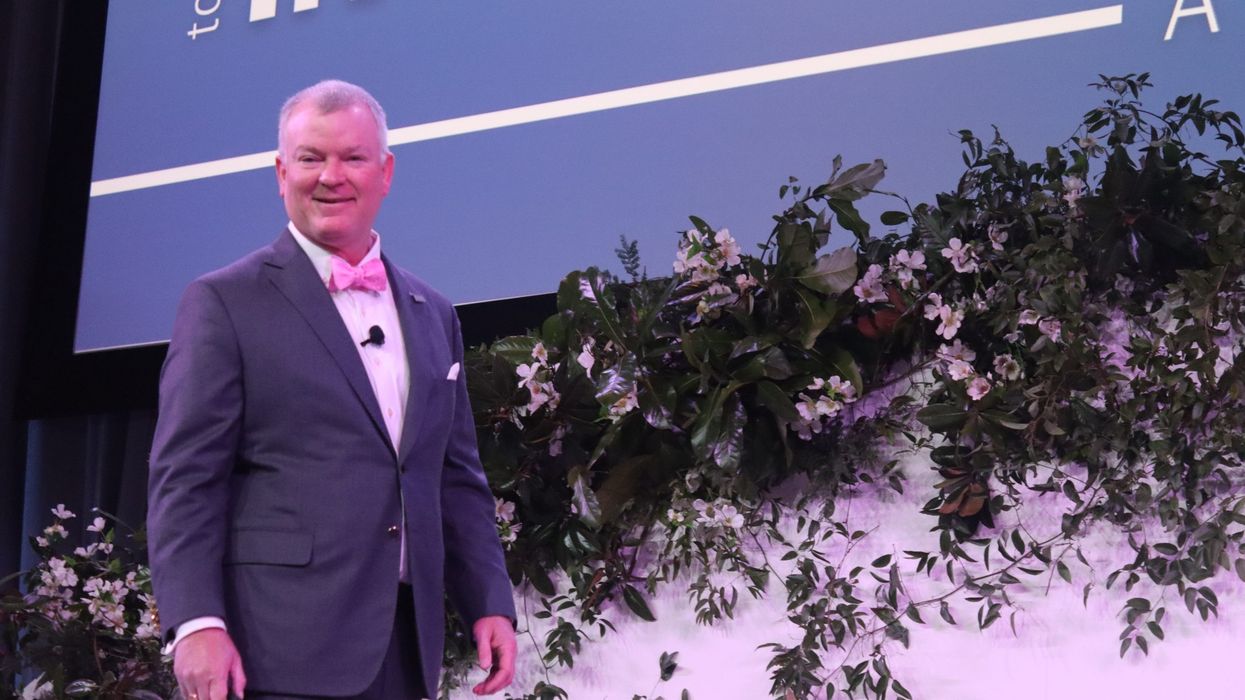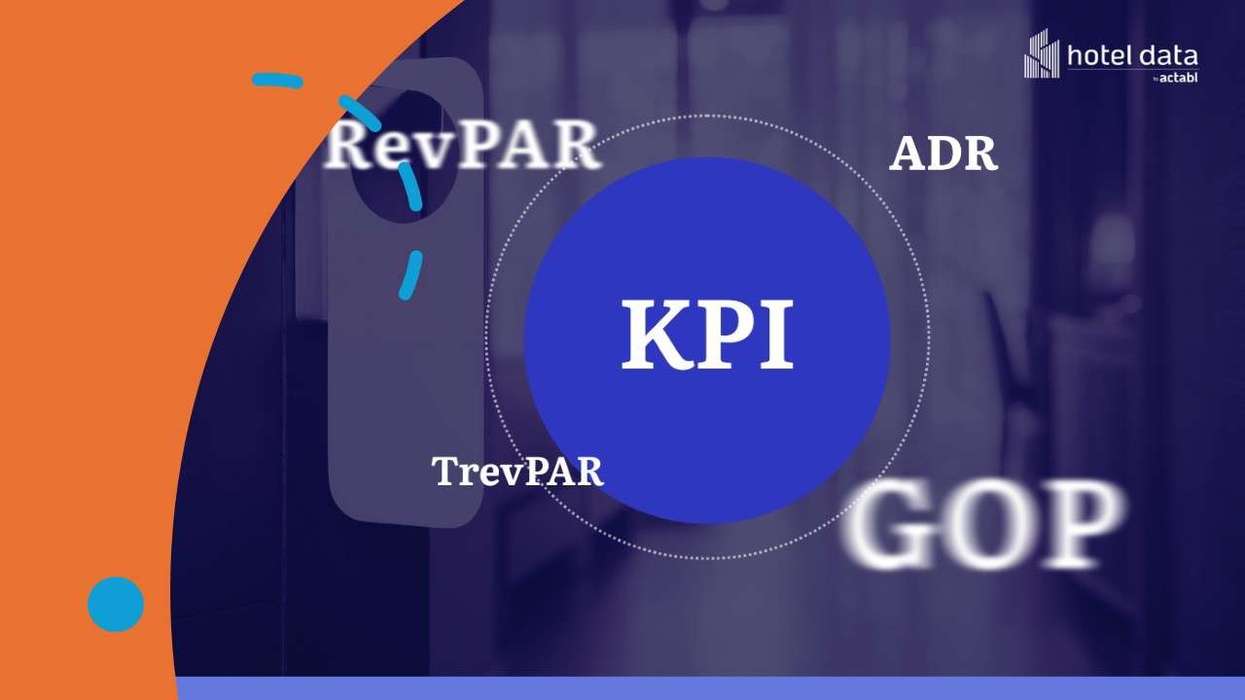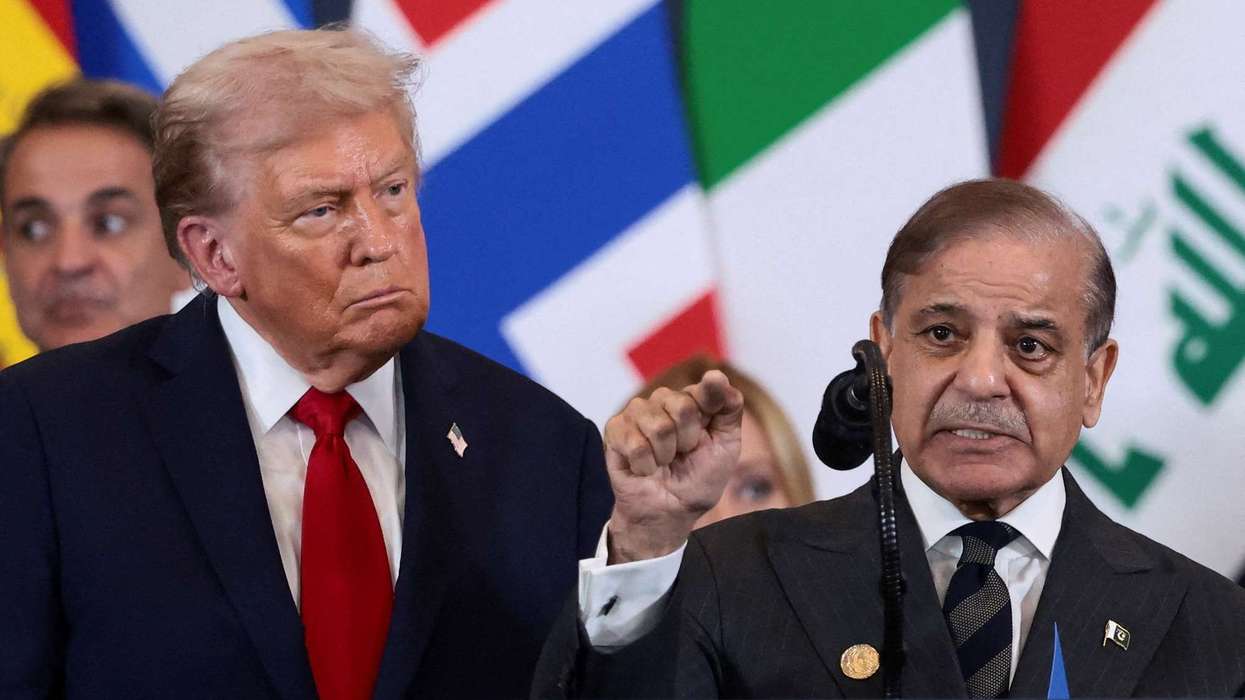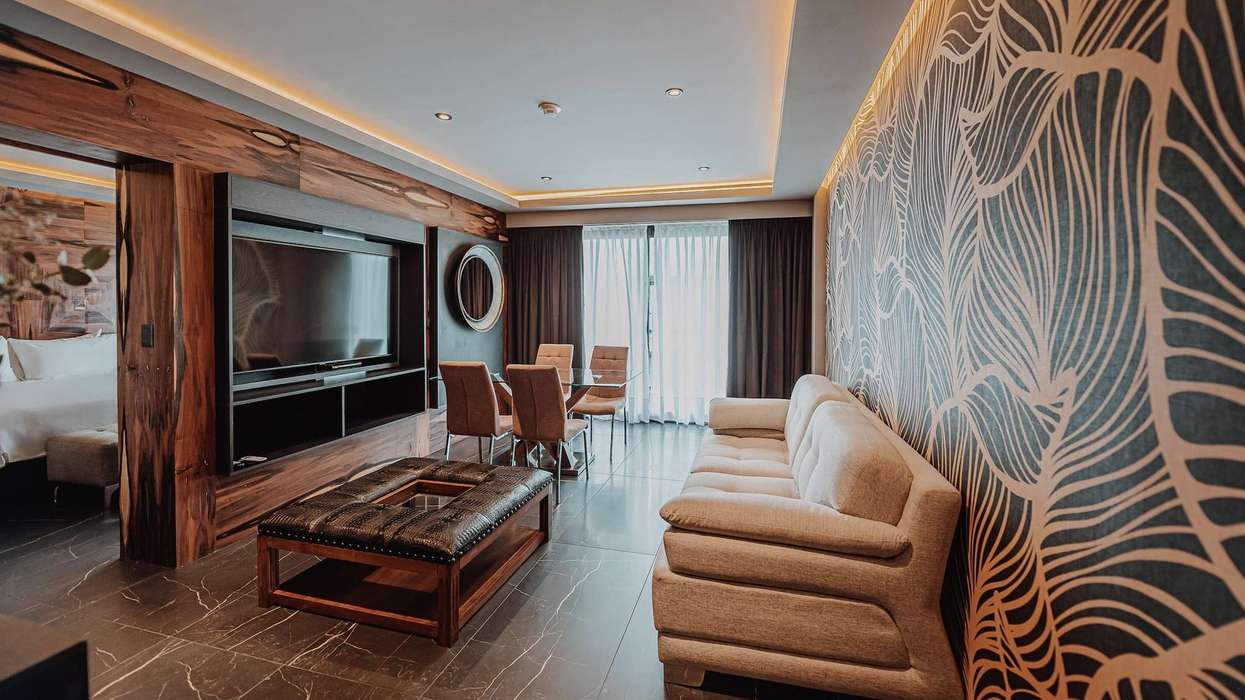AT THE 35TH Hunter Hotel Investment Conference, there was plenty to talk about. Several Indian American hoteliers were speakers at the event at the Marriott Marquis in Atlanta March 19 to 22.
This year’s conference came with “a profound sense of purpose, no limits,” said Lee Hunter chairman of the Hunter Conference during his welcoming address.
“Over the next three days, we're going to hear from numerous industry experts, as leaders in this industry, we understand the importance of embracing change, challenging the conventions and pursuing new opportunities,” Hunter said. “It's with this in mind that as we sat down to put forth our speaker lineup, this year, we focused on bringing new voices to distinguish. These voices are going to challenge you. They're going to inspire you, they're going to force you to think outside the box.”
Diversity and tech on the agenda
Hunter said more than 2,100 attendees had registered for the conference, 40 percent of whom were hotel owners and 25 percent were first time attendees. Speakers at the conference included Cassie Kozyrkov, Google’s first chief decision scientist session on artificial intelligence and its evolving impact on the hospitality industry; mentalist Oz Pearlman; Ed Bastian, CEO of Delta Air Lines; and Anthony Capuano, president and CEO of Marriott International.
Leslie Hale, president and CEO of RLJ Lodging Trust, was the subject of the Bharat Shah Leadership Speaker Series hosted by Mit Shah, CEO of Noble Investment Group. This year, 51 percent of speakers at the conference were women and underrepresented groups.
“Every event benefits from having greater diversity of thought and balance across its speaker lineup,” said Rachel Humphrey, founder of Women in Hospitality Leadership Alliance. “Showcasing speakers with a wide range of perspectives on the stage is a benefit for attendees while simultaneously ensuring greater visibility for these leaders, which will move the needle further on overall representation in the hospitality industry.”
“As we celebrate our 35th conference, we continue to grow the program, perspectives and topics year after year,” said Hunter.
Indian Americans at center stage
Mit Shah also was on the conference’s Wall Street Talks during the general session on the first day. Part of the discussion included the new emphasis hotel companies now place on loyalty programs.
“I think it's clear that the brand companies that were hotel brands are now really focused on loyalty plans,” Shah said. “They've said this in their proxies and the like, that they wanted to apply experiences for their loyalty customers at every step of their journey, whatever that might be.”
This is leading to a complete transformation of the hospitality industry, Shah said.
“I don't believe that we should be surprised that in five years, Marriott has gone from just Ritz Carlton CRuise Lines, to perhaps Autograph Cruise Lines, it competes with Royal Caribbean,” Shah said. “Perhaps we go to residential communities where you have a hub of hospitality and you've got residences, and those owners of those houses are loyalty members, and they plug in to that ecosystem. I think what you're seeing is this metamorphosis of our hotel industry, and maybe the Hunter Hotel Investment Conference is renamed something because it's not just going to be hotels, it's going to be everything in a travel experience and leisure.”
At the end of the session, Shah and other panelists were asked to give advice to younger people in the industry.
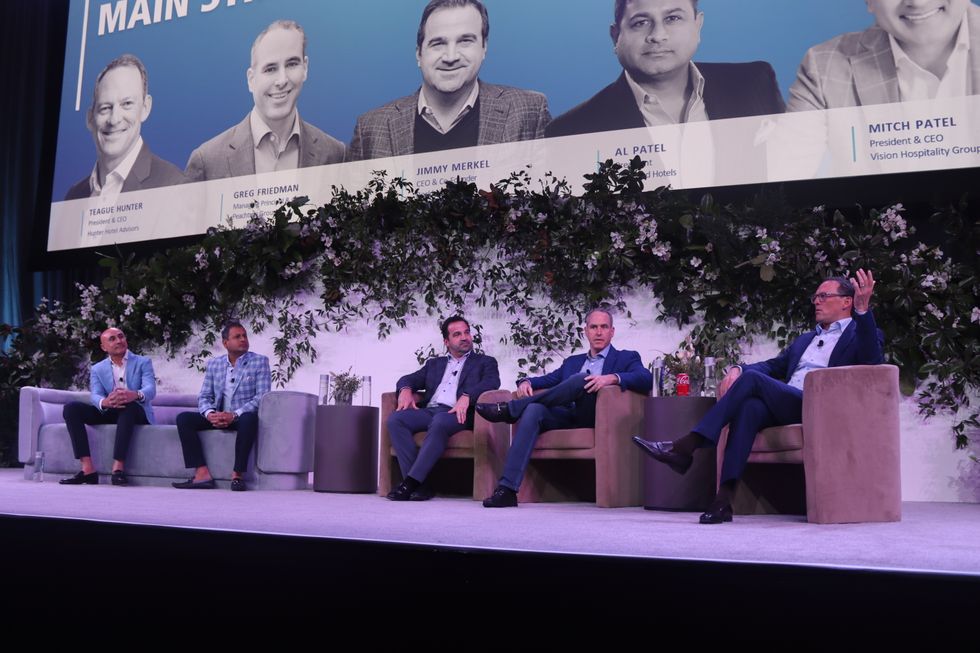
“I would recommend that everyone that’s young, go out, see people, be around others, build friendships, greatest value in your life,” Shah said. “This is a tough business, but it's a great business, but the people that you get to go do all of this with, it makes it all really, really full of joy.”
The following panel, Main Street Talks, featured Mitch Patel, president and CEO of Chattanooga, Tennessee-based Vision Hospitality, and Al Patel, president of Columbia, Maryland-based Baywood Hotels.
“I want to take this moment to congratulate you, Lee, on 35 years of this conference,” Mitch Patel said. “I can honestly say this, that we would not be the company that we are today, if it wasn't for this conference, the relationships that we built over the years and knowledge that we gained from the breakout sessions. This is invaluable.”
Mitch and Al spoke about the difficulties faced by hotel developers in the current market. One issue is the fact that hopes that construction costs would go down have not panned out.
“But of course, with the tremendous amount of stimulus money that was out there, inflation took over and that impacted every aspect of what we were doing,” Mitch said. “The labor shortage is compounded. So, we are still in a very challenging environment for construction.”
Al Patel said developments are hard for many reasons.
“Obviously, you need a lender partner, first and foremost,” Al Patel said. “A lot of the bigger banks, or the regional banks that we were used to dealing with have now merged with other lenders and things like that, and now our business is no good to them anymore. So now we're having to find smaller banks, sometimes they need a participant to do the loan, you could find the first bank, but the second piece becomes troublesome. So, our guys are mostly focused on debt. Sites and acquisitions and projects we can find easier than we can find debt, which is the opposite of five, seven years ago when we could find the debt but we had trouble placing projects.”
